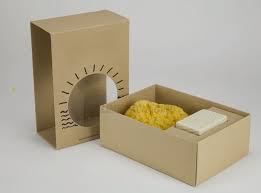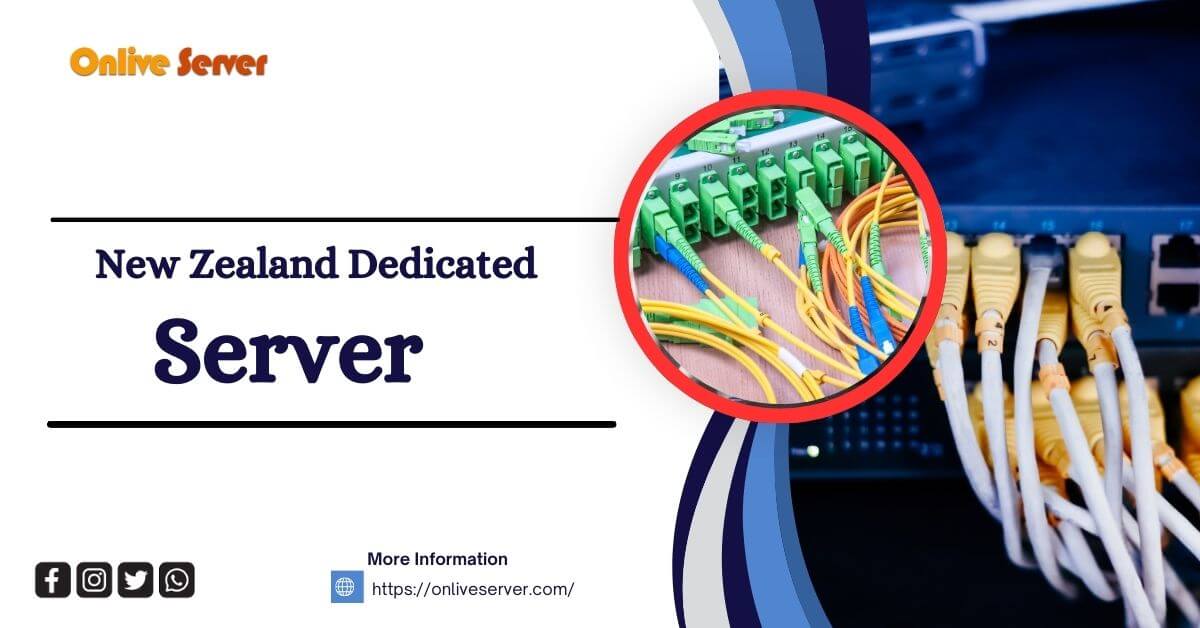As a parent, you may be concerned about your child’s academic performance and wonder how co-curricular activities fit into their education.
With the increasing focus on grades and test scores, it’s easy to overlook the importance of these activities in nurturing well-rounded individuals.
This article aims to guide you through the various aspects of co-curricular activities and their significance in Singapore schools, addressing your concerns and helping you make informed decisions for your child’s holistic development.
Understanding Co-curricular Activities
Definition and examples of co-curricular activities
Co-curricular activities are structured programs that complement and enhance the core curriculum. They provide opportunities for students to develop different skills, explore their interests, and engage in experiences that extend beyond the classroom.
Some examples of co-curricular activities include:
- Sports: Football, basketball, swimming, and badminton
- Arts: Drama, music, dance, and visual arts
- Clubs and societies: Debate, robotics, environmental conservation, and community service
Differences between co-curricular and extracurricular activities
While both co-curricular and extracurricular activities contribute to a child’s development, there are some differences between them:
- Integration with the curriculum: Co-curricular activities are designed to complement and enhance the academic program, while extracurricular activities are independent pursuits that occur outside of school hours.
- Participation: In some cases, co-curricular activities may be mandatory or integrated into the school timetable, whereas extracurricular activities are usually voluntary and pursued at the student’s discretion.
- Assessment: Co-curricular activities may have a more formal assessment structure compared to extracurricular activities, which are often self-directed and not graded.
The Role of co-curricular activities in Singapore’s education system
In Singapore’s education system, co-curricular activities play a crucial role in promoting holistic development and fostering a well-rounded learning experience.
They provide students with opportunities to:
- Develop personal interests and talents
- Enhance social and emotional competencies
- Engage in experiential learning and real-world applications of academic knowledge
- Contribute to the school community and develop a sense of belonging
Benefits of Co-curricular Activities for Children
- Developing social and emotional skills
Participation in co-curricular activities helps children develop important social and emotional skills, such as:
- Communication: Expressing thoughts and ideas effectively, listening actively, and resolving conflicts
- Empathy: Understanding and appreciating diverse perspectives, building positive relationships, and supporting peers
- Self-management: Setting goals, managing time, and coping with stress
- Enhancing cognitive abilities and academic performance
The benefits of co curricular activities are not limited to non-academic domains. Research has shown that these activities can also enhance cognitive abilities and academic performance by:
- Improving focus and concentration: Regular engagement in physical activities, arts, or other pursuits can help students maintain focus and concentration during academic tasks.
- Developing critical thinking and problem-solving skills: Co-curricular activities often involve complex tasks and decision-making processes, which can sharpen a child’s critical thinking and problem-solving abilities.
- Reinforcing classroom learning: Participation in co-curricular activities can help students apply and reinforce concepts they have learned in the classroom, leading to better retention and understanding.
- Fostering creativity and problem-solving skills
Co-curricular activities provide an avenue for students to explore their creativity and develop innovative solutions to problems.
For instance, participation in:
- Arts programs: Encourages self-expression, experimentation, and originality
- Science and technology clubs: Enhances analytical thinking, curiosity, and the ability to design and implement innovative projects
- Community service initiatives: Fosters a sense of responsibility, empathy, and the capacity to address real-world challenges
- Building teamwork and leadership qualities
Many co-curricular activities involve working in teams or taking on leadership roles, which can help students develop essential life skills, such as:
- Collaboration: Learning to cooperate, share ideas, and work towards common goals
- Leadership: Taking initiative, motivating others, and making decisions in the best interest of the group
- Responsibility: Being accountable for one’s actions and contributing to the success of the team
- Promoting physical health and well-being
Participation in sports and other physical activities offers numerous health benefits, including:
- Improved fitness and strength: Regular exercise contributes to cardiovascular health, muscle development, and overall physical well-being.
- Stress relief: Engaging in physical activities can help students manage stress and maintain mental health.
- Healthy habits: Encouraging an active lifestyle from a young age can instil lifelong habits that promote overall health and well-being.
Choosing the Right Co-curricular Activities for Your Child
- Assessing your child’s interests and strengths
To ensure a positive and fulfilling experience, it’s important to consider your child’s interests and strengths when selecting co-curricular activities. You can:
- Discuss various options with your child and explore their preferences
- Observe their natural inclinations and areas of talent
- Encourage them to try different activities and evaluate their level of enjoyment and engagement
- Balancing variety and commitment in co-curricular activities
While it’s beneficial for children to explore a range of activities, it’s also important to strike a balance between variety and commitment. Consider the following factors:
- Time and energy: Ensure that your child can manage their co-curricular pursuits alongside academic responsibilities and personal well-being.
- Depth of involvement: Encourage your child to commit to a few activities that truly interest them rather than spreading themselves too thin across multiple pursuits.
- Long-term goals: Align co-curricular choices with your child’s future aspirations, such as college admissions or career paths.
Preparing for the Future: Co-curricular Activities and College Admissions
When applying to colleges, co-curricular activities can play a crucial role in showcasing your child’s unique strengths, interests, and personal growth. Admissions officers often consider:
- The depth of involvement and commitment to chosen activities
- Demonstrated leadership, teamwork, and problem-solving skills
- Personal growth and the ability to overcome challenges or setbacks
Providing diverse and inclusive opportunities for all students
Singapore schools strive to ensure that every student has the opportunity to participate in co-curricular activities, regardless of their background or abilities. This includes:
- Offering a wide range of activities that cater to different interests and skill levels
- Implementing inclusive practices that accommodate students with special needs or learning differences
- Providing financial assistance or subsidies for primary school Singapore fees and co-curricular expenses, ensuring that all students can access these opportunities.
Final Thoughts
Co-curricular activities play a vital role in the holistic development of children in Singapore schools. By offering diverse opportunities for personal growth, skill development, and community engagement, these experiences help shape well-rounded individuals who are prepared to thrive in their future endeavours.
As a parent, your support and involvement in your child’s co-curricular journey can make a significant impact on their overall well-being and success.









